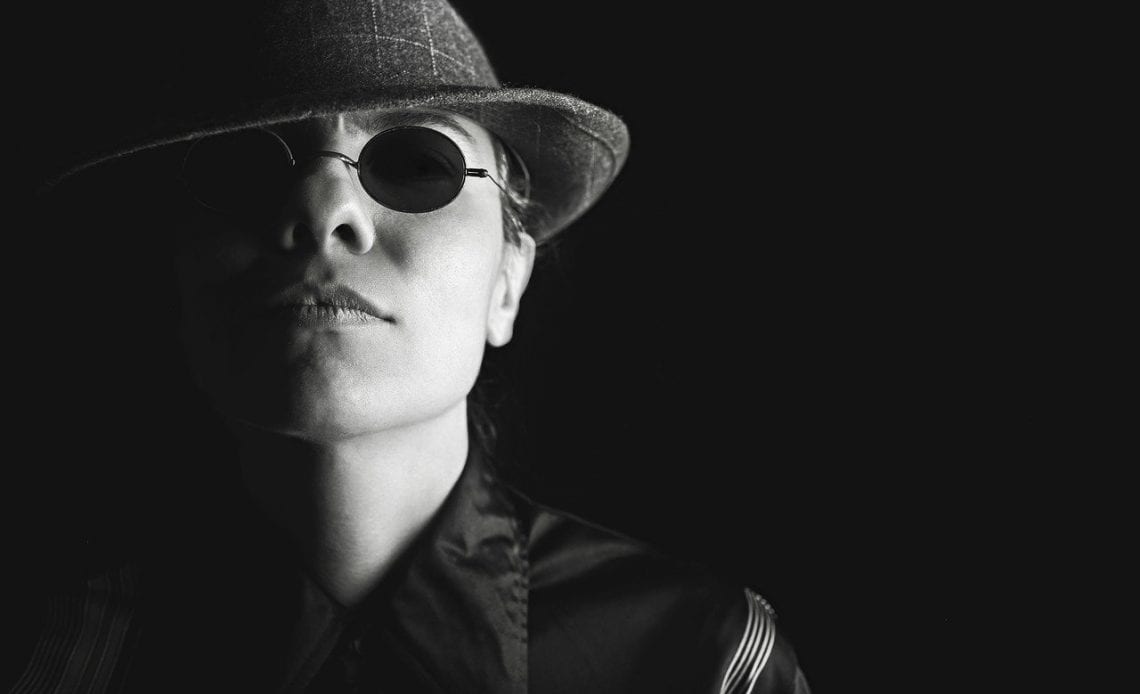
Image source – Pixabay
The word ‘character’ seems to be quite simple enough when thought about. However, when trying to articulate the same, the concept seems to take on vague dimensions. It is a trait that most people aspire to be ascribed, however, not everybody is sure as to what it actually means. Character meaning has largely been taken for granted, whereby people often misuse it. While some misconstrue it to be personality, others believe character is defined by the actions people do when in front of authority or family.
Scope of article
However, in the words of Dwight L. Moody, ‘Character is what a man is in the dark’. It does not incorporate the actions that a person chooses to undertake when seen by the public. Such actions can be conceived as a show or pretense to create a good impression in front of the onlooking audience. However, what a man does when nobody is watching is what truly proves his/her mettle and the character that he/she has imbibed in himself/herself. In this article, the controversial and confusing concept of character and true character meaning will be delved into. Its impact through the ages, what its most important traits are, and the actual meaning of character will be clarified.
The concept of character through the ages
Character is a word that has lost its significance through the ages. It is a word that does not see as much usage as it enjoyed once upon a time. The research of Warren Susman, a renowned cultural historian, tries to define how the concept of character rose and fell through the recesses of time. He traced the prevalence of the word through various literary works and guides for self-improvement that have appeared in time and tried to ascertain how the word character has developed in culture.
The term character can be seen to have originated sometime in the 17th century and rose to peak prominence sometime in the 19th century. It was a concept through which most people were evaluated, with some having strong/weak character, good/bad character, or abundant/no character. Youngsters were encouraged to develop their characters and built a noble and high moral compass. It was supposed to be one of the most important things people could ever attain. Some greats of the world like Martin Luther King Jr even said the following. “I have a dream that my four little children will one day live in a nation where they will not be judged by the color of their skin but the content of their character”. Such was the importance and relevance of the word character.
However, as the 20th century came into light, the word character and its connotations started to dwindle. Susman states that character soon started to be replaced by the word personality, although both mean completely different things. This shift in perception can is related to the simple fact that people as a society shifted from producing to consuming, thereby transforming their ideas of self.
Psychology, fast-moving consumer goods, and the ability to spend time in leisure started developing new identities that people started recognizing and attributing to themselves. Material possessions and vainglorious hobbies started replacing ideas of cultivating morality and virtue as the tenets that people were identified with. Susman points out that this shift can even be seen in the self-help books of this time, which started to emphasize more on moral imperatives as compared to the ideas of self-fulfillment. Self-sacrifice soon saw the boot as self-realization took the high pedestal.
Therefore, the words of Dwight L Moody soon turned to be a forgotten concept as people focused more on their perceived identity and what other people thought of them. While they should have been focusing more on cultivating moral virtues as an inherent trait of their inner intent, they focused more on how their actions were perceived. Instead of being a nobleman even in the dark, they started focusing more on becoming the kind soul while everybody was watching. However, this is not what character means.
In the words of Thomas Paine, true character meaning can be defined in the following manner. “Not what men and women think of us, but instead of what God and the angels up above know of you”. It is a choice that people are given. It is the action that one chooses in a pressured situation. Character is the quality of doing the right thing, even when one has the chance to lie.
The most important traits of character
To know true character meaning, it is very important to know the most important traits that define character. In the book, The Death of Character, by James Davison Hunter, he lays out three important qualities that truly define character.
Moral Discipline
The quality that was most celebrated in a man with a strong character was the trait of moral discipline. This concept gained popularity back in the nineteenth century and can be considered as an important trait that truly defines what character actually means.
Moral discipline is the ability to be in complete control of one’s desires and impulses and the practice of self-mastery. People with self-mastery are the ones who have the ultimate say in the actions they commit, and not their impulses or desires. A person who has mastered self-mastery knows self-control inherently and therefore can make educated and wise decisions without becoming a puppet to his/her baser instincts. It also allows the person to stoically seek out hardships, thereby making him/her capable of leading an austere life and engage in hardships actively. Such a conscious decision allows the person to mold his/her character into one that is strong and steadfast. They do not become soft with the touch of indulgence.
Moral Attachment
Character cannot only be defined as a singular trait that focuses solely on the cultivation of the self. It rather includes a group of different traits that are socially acceptable, have a significance in society, and a moral quality attached to them. In the words of Ralph Waldo Emerson, it means “Moral order through the medium of individual nature”. This means that the choices and actions one person undertakes also influences the immediate world he inhabits. Thereby, to create a virtuous society, a lot depends on the individual virtues of each of its constituent members.
Moral attachment is the idea that encourages a person to be committed to values and morals that can be regarded highly. It urges them to take action and even sacrifice if it means they are doing good for the community as a whole.
Moral Autonomy
Character does not grow in an environment where a decision, even though it is ethical, is imposed upon another. It is the byproduct of a person’s free agency that requires the cultivation of discretion and judgment. It fosters and matures under the availability of choice. Therefore, any decision that has been coerced cannot truly be a moral decision and therefore does not abide with true character meaning.
Therefore, moral autonomy can be best described in the words of Davison. He states that in the classic sense of the word, character manifests itself in the form of an autonomy. In this situation, a person can take an ethical decision by himself/herself on behalf of the community’s greater good. He must also have the discipline to abide by the decision he/she has taken.
The true meaning of character
To further clarify true character meaning it is important to simplify the aforementioned information in a concise manner. If one has to look back at history, the word character can be traced back to the Greek word kharakter. It meant ‘symbol on the soul’, ‘engraved mark’, or ‘marking instrument’. It was a marking or stamp impressed upon clay or wax serving as a personal superscription or monogram. The artist, writer, sculptor, painter, potter, or inventor, used it as a distinctive indicator of the individual identity of the article’s maker.
Later during the 17th century, it transformed into the idea whereby it included a sum of qualities that are indicative of a person’s true definition. Such qualities included ideas, thoughts, motives, intellect, behavior, judgment, intentions, imagination, temperament, hates, loves, emotions, and perception. In the words of William Straton Bruce, who wrote in his 1908 book The Formation of Christian Character all these traits are the factors that shape a man’s character. They all have a little to contribute to what becomes that final habit of will or the self. It is what makes a man shape himself into what he is. The balance of each of these qualities within a man’s soul and the manner in which one quality predominates the other is what makes a person’s character unique. This sets him apart from other individual men, who will have a different balance of these qualities.
However, this concept changed in the 20th century as true character meaning started transforming. It was defined as what one wears, how one behaves, what their tastes and preferences are, and most importantly what people think of them. Although controversial, the true meaning of character is not defined by the perception of people. Dwight L. Moody had always been right in saying that character is what a man does in the dark. What he/she does when nobody is watching is what defines true character.
To reestablish this notion, it is best to end this article by quoting the words of one of the noblest individuals that the world has ever seen. As Abraham Lincoln put it, “Character is like a tree and reputation like a shadow. The shadow is what we think of it- the tree is the real thing”. Therefore, character is much greater than what the ‘looks’ indicate and much more important than the perceptions an individual creates in front of other people.

